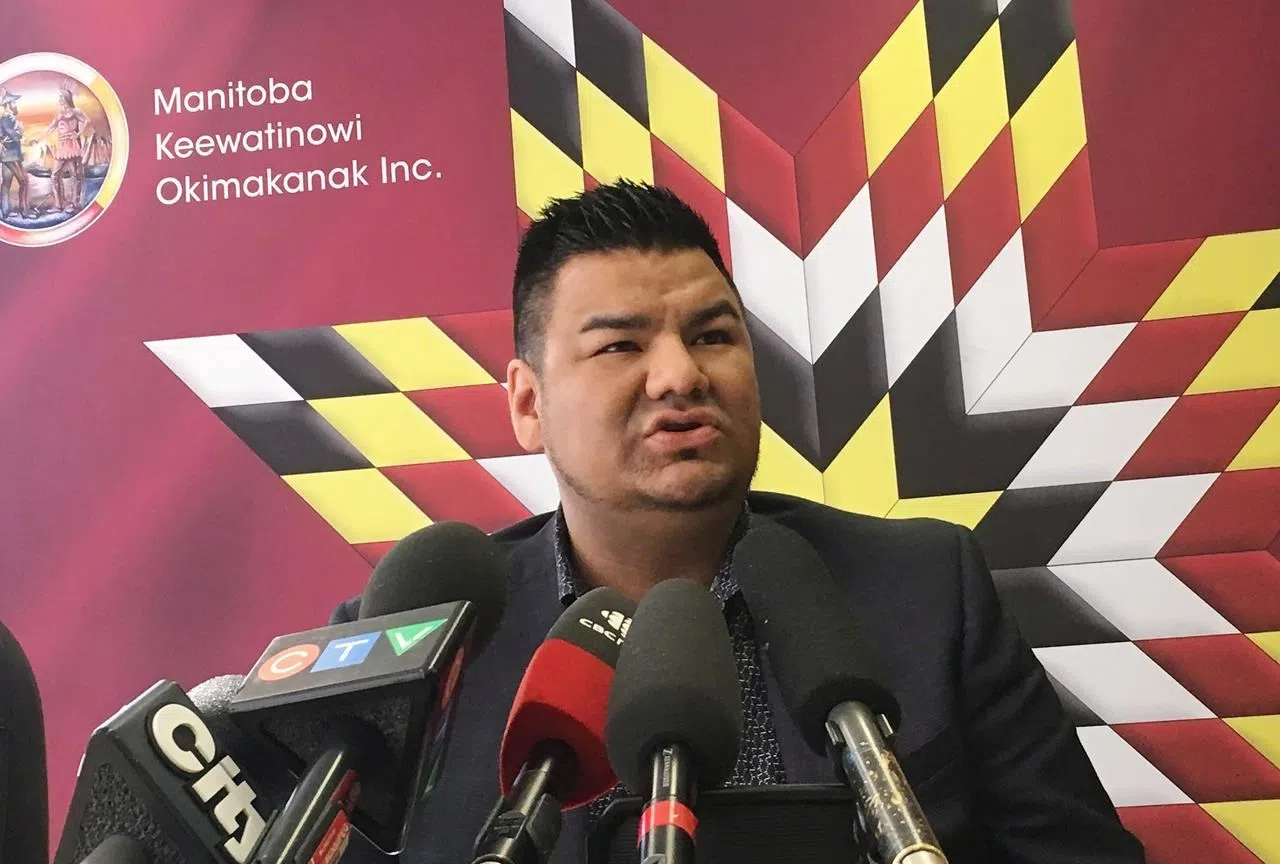
Chief hopes Senate committee sees link between resource development, violence
WINNIPEG — The chief of a Manitoba First Nation says he hopes a Senate committee will seriously listen to how resource development is linked to allegations of physical and sexual violence in his community.
York Factory Chief Leroy Constant said more people have come forward to talk about violence and racism linked to hydroelectric projects over many decades.
“Hydro development has had very real impacts on our people. It’s brought discrimination, harassment, racial violence and sexual violence to our Indigenous women, girls and two-spirit people,” he said Thursday.
Members of Amnesty International visited the community and others affected by hydroelectric development this week to hear the stories.


